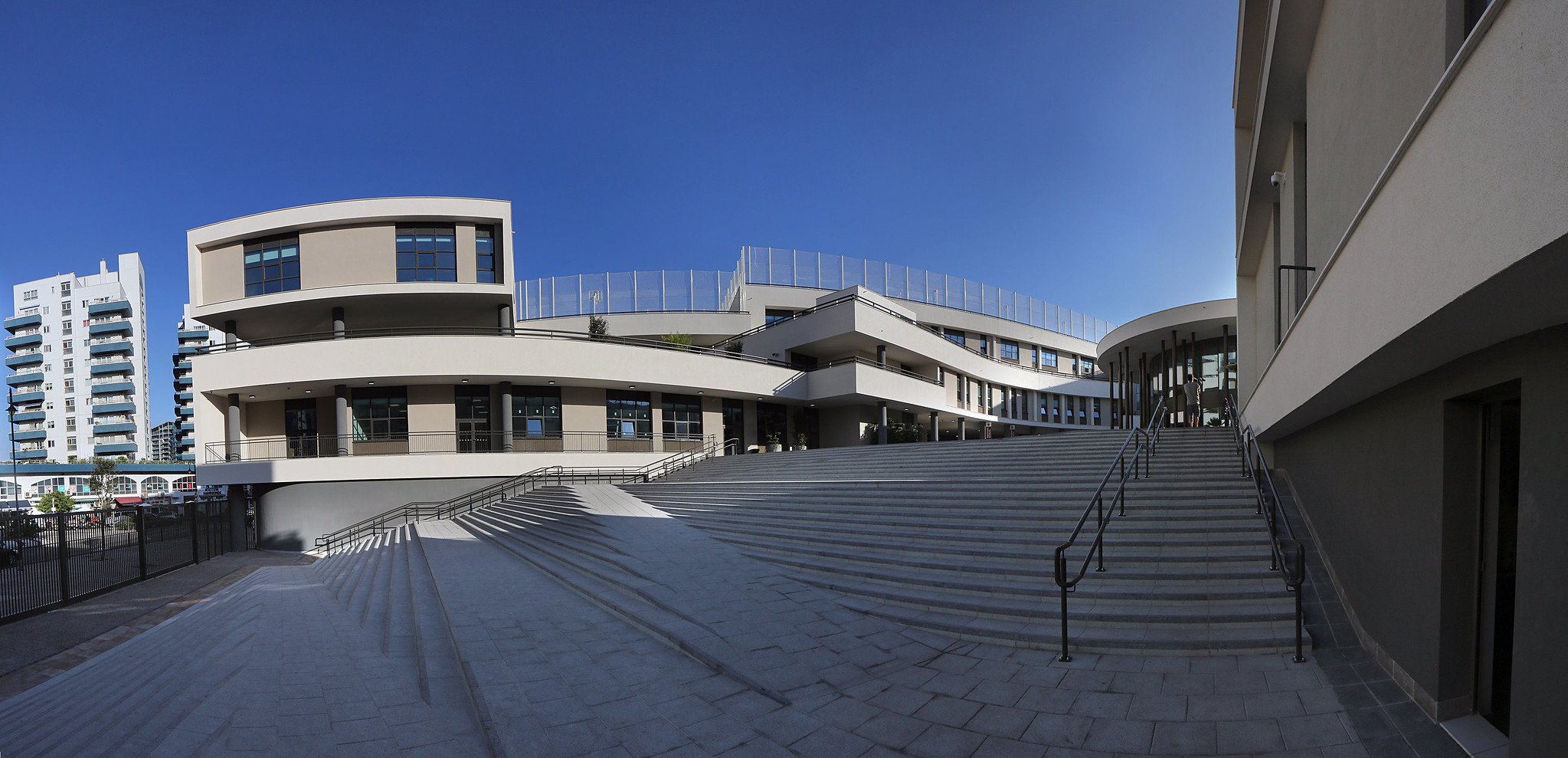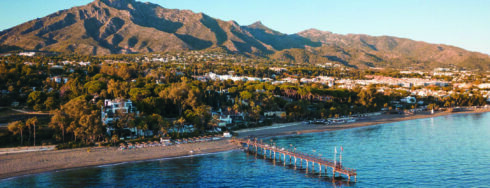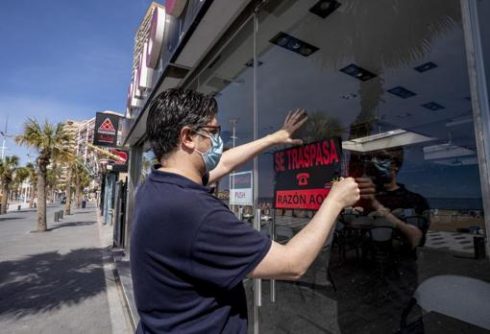STUDENTS on the Rock will soon be allowed to see their friends while keeping to social distancing rules in school.
It comes as the education roadmap was revealed by Minister of Education Gilbert Licudi, where he revealed that some year groups will start to go to school as from May 26.
Active COVID-19 cases went down to just three as the lockdown continues to be eased across Gibraltar, this time in respect of education.
All schools apart from Notre Dame, St Anne’s, Westside and St Martins were closed as from March 24 after the government realised that they wouldn’t be able to deliver the national curriculum.
The schools that remained open after that date were used as childcare supervision facilities for parents who were unable to look after their children due to their work.
Weekend child care for these working parents will stop as from May 17, with the facility ending altogether on May 22.
“Children who are at a critical stage of their learning journey are to be brought back first,” said Minister Licudi.
As such, all schools will see reopening in a ‘limited way’, with the lower primary students being brought back into schools first.
“They will be split into with half attending for two hours in the morning, and the other half for two hours in the afternoon,” Licudi added.
REOPENING
Year groups two and six will be the first year groups in the upper primary sector to return to school.
Which year groups will return to Gibraltar’s high schools will depend on an announcement from the UK this weekend, according to Licudi.
“After the first step is taken on the 26th of May. We will wait another three weeks before we take the next education step,” continued the Minister.
The second step will take place from June 16, where all students will attend from the morning.
“We will also consider near the time whether any other year groups will be brought back as part of a second step for another three weeks until the end of term,” he revealed.
“On July 7, parents will be informed via the usual school channels of communication what plans will be in place for their children.”
Despite the announcement, Licudi said that it was ‘simply not possible’ to bring all children back to school and that the ‘majority of children will remain at home’.
He said that children staying at home will continue to be supported with home learning.
Schools which will see students coming in will have ‘staggered entry and exit points’ and more ‘frequent and regular cleaning’ to reduce the possiblity of COVID-19 spreading.
The Minister said that the amount of people in each class still needs to be discussed and how break times and dismissal will work to reduce large gatherings.

BEAT COVID
Businesses that were previously in the excluded sector for being able to claim BEAT COVID payments are now able to do so by making 25% of their workforce inactive.
This is because of new regulations which has been put into effect today.
Doing this would allow employees to have up to £1,155 or 50% of their salary, depending on which is higher.
“This, of course, enables these firms to reduce their cash burden by paying less for inactive employees,” said Minister for Commerce Albert Isola.
Businesses that are interested in doing this will have to ask for approval from the financial secretary which will lead to an application being made to the director of employment.
Businesses in the included sector will now be able to claim 50% or 100% of their relief payments, depending on if the employee works half of a month or remains inactive for the whole of it.
Approximately £6.26million has been paid out for the month of April for 6,073 employees and 435 self-employed persons.
Some 879 employers submitted BEAT applications and 540 workers have been rejected from being able to get BEAT COVID payments.
Changes to the insolvency act are being finalised which will be debated upon in Parliament some time this month.
“These changes will protect businesses from being put into liquidation during the period of pandemic only,” added Isola.
Following a question from the Olive Press it remained unclear what would happen to the hundreds of workers that depend on tourism to survive.








